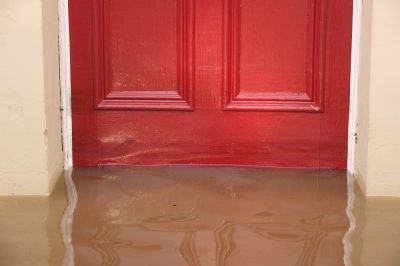For the first time in living memory a child in the UK is as likely to be born to a family renting as owning a property, according to a new research.
Almost half of all babies (49.2%) born across the country (approximately 365,000 a year) are now starting their lives in rented accommodation, with more than half of those (around 200,000) in privately rented homes. This is up from around one in three babies in 2003/04.
Renting “increasingly impossible to escape from”
The new analysis from Royal London insurance firm revealed that the number of families with children renting privately has risen by 94% in the last decade, from 940,000 in 2006/07 to 1.8m in 2016/17.
Becky O’Connor, Personal Finance Specialist at Royal London, said: “Renting is no longer something carefree young people do for a few years while they save up a deposit to buy and settle down. Renting is an increasingly long-term tenure and it’s increasingly impossible to escape from.”
Rising house prices and cost of renting directly translate to a reduced ability of young people to save for a deposit. This means that they buy their first home later in life and, more often than not, later than the age at which they have their first child.
According to the study the average age of a first time buyer is now 34, compared with 26 in 1997, and the age at which most couples have their first baby is 29 for a women and 33 for a man.
Calls for greater security for renting families
The analysis suggests that long term renting might have financial, practical and emotional implications for families.
“For people in their late 20s and 30s, half of whom are starting families in insecure accommodation, not having a home of their own is fraught with practical and emotional issues. The main risk is eviction, which hangs threateningly in the background of normal family life” – said Ms O’Connor.
Therefore more policy attention should be paid to the position of families with children in the private rented sector.
David Smith, the Policy Director of the Residential Landlords Association (RLA), responds to the report: “Tenants are on average living in their private rented properties for over four years. However, the RLA recognises that the growing number of families living in the sector is increasing calls for greater security for tenants.”
He continued: “The Government has argued that financial incentives could be quicker to implement than legislation to encourage the development of long-term tenancies. We agree. These should be matched by establishing a dedicated housing court, to ensure that landlords and tenants can get swift access to justice when something goes wrong in a longer tenancy agreement. This would provide the confidence needed to provide them.”











